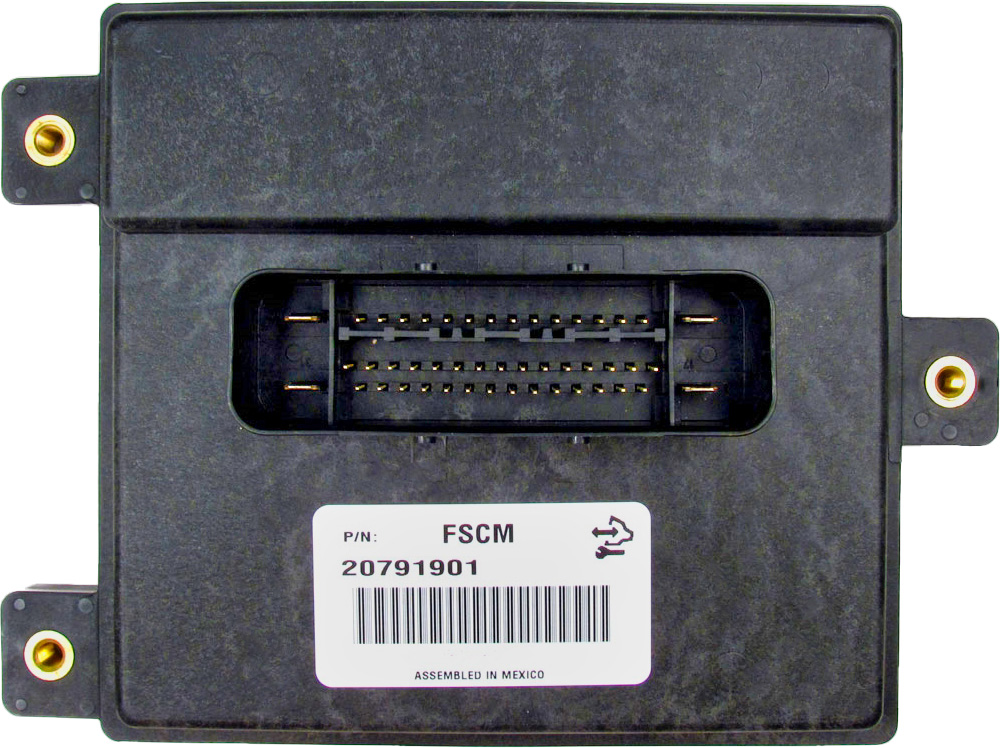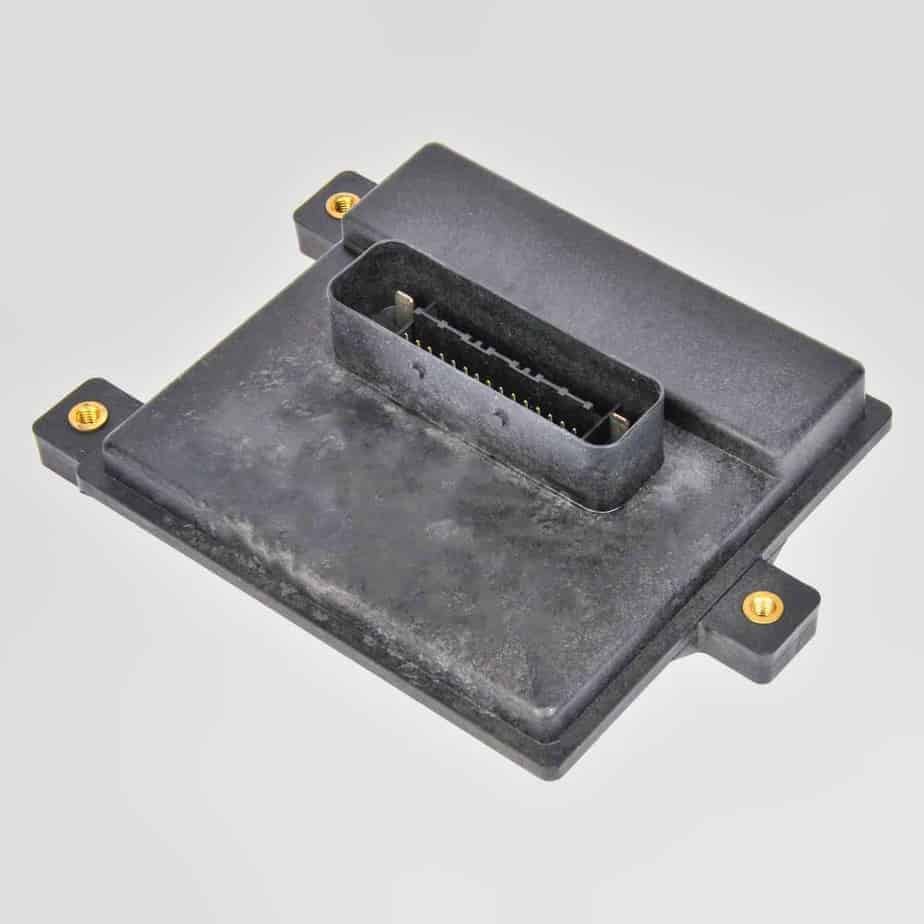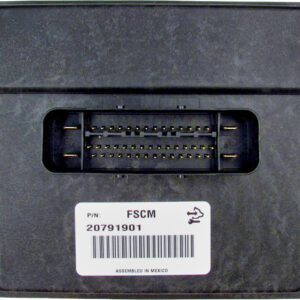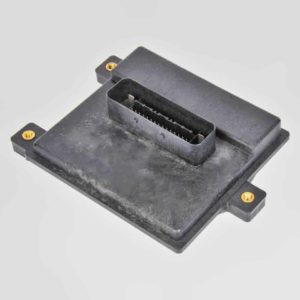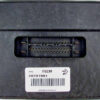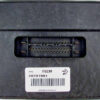Restore Your Vehicle’s Performance and Reliability
Is your 2010 Saturn Outlook or another compatible GM vehicle experiencing frustrating issues like stalling, hesitation during acceleration, or a complete no-start condition? Before you consider replacing the entire fuel pump, the culprit is often a faulty Fuel System Control Module (FSCM). As an experienced technician, I’ve seen countless drivers spend a fortune on parts they don’t need, only to find the problem was this small but critical electronic unit. This module acts as the brain for your fuel pump, regulating fuel pressure and delivery. When it fails, your engine is starved of the fuel it needs to run properly.
We solve this problem by providing a dependable replacement FSCM, part number 20791901, that arrives at your door ready for installation. The biggest hurdle with replacing modern electronics is the need for expensive dealership programming. We eliminate that step entirely. Simply provide us with your vehicle’s VIN (Vehicle Identification Number) during checkout, and our technicians will flash the module with the latest, most stable GM software specific to your car. This ensures perfect communication between the module and your vehicle’s other computers, restoring factory performance and efficiency.
A Technician’s Notebook: The Misdiagnosed Fuel Pump
I remember a 2011 GMC Sierra that came into my bay with a classic “no-start” complaint. The owner, a capable DIYer, had already replaced the in-tank fuel pump himself, but the truck still wouldn’t fire up. He was frustrated and out a few hundred dollars. We hooked up the scanner and immediately saw a U0109 code—Lost Communication with Fuel Pump Control Module. The FSCM, mounted on the frame rail, had failed due to years of exposure to road salt and moisture. We installed a VIN-programmed module, and the truck started on the first try. It’s a powerful reminder that diagnosing the entire system, not just the most obvious part, saves time and money.
Is Your Vehicle Showing These Symptoms?
A failing FSCM can manifest in several ways, often mimicking a bad fuel pump. If you’re experiencing any of the following, this module is a likely solution for your 2010 Outlook Fuel Module needs.
- ✔ Engine cranks but refuses to start.
- ✔ Stalling, especially under load or when coming to a stop.
- ✔ Hesitation or sputtering during acceleration.
- ✔ Reduced engine power and poor fuel economy.
- ✔ An illuminated Check Engine Light with specific trouble codes.
- ✔ Common Diagnostic Trouble Codes (DTCs): P069E, U0109, P0230, P0606.
A Straightforward Guide to Installation
With the programming already taken care of, installing your new FSCM is a job most DIY enthusiasts can handle in their own driveway. The location varies by model, but the process is generally similar. For a 2010 Saturn Outlook, you’ll typically find it mounted on the rear crossmember.
- Safety First: Disconnect the negative terminal from your vehicle’s battery to prevent any electrical shorts.
- Locate the Module: Find the old FSCM. On many trucks and SUVs, it’s on the driver’s side frame rail. On crossovers like the Acadia or Outlook, check the rear crossmember area.
- Disconnect and Remove: Carefully unplug the electrical connectors. Be gentle to avoid breaking the plastic clips. Then, unbolt the module from its mounting location.
- Install the New Module: Bolt the new, pre-programmed module into place. Reconnect the electrical connectors, ensuring they click securely into position.
- Final Steps: Reconnect the negative battery terminal. Turn the key to the ‘On’ position for 10 seconds before starting the engine to allow the system to prime. Start your vehicle and check for proper operation.
Verified Vehicle Compatibility
This module is a direct replacement for part numbers 20791901, 20827745, 20877116, and 20850927. It fits a wide range of General Motors vehicles. Please verify your model and year from the list below to ensure a perfect fit. Note that some models have specific identifiers or options.
Cadillac: CTS (2010-12), Escalade / ESV / EXT (2010-12)
Chevrolet: Avalanche 1500 (2010-12), Captiva Sport (2012), Colorado (2010-12), Express 1500 (2010-12), Impala (2012), Silverado 1500 (2010-12), Suburban 1500 (2010-12), Tahoe (2010-12), Traverse (2010-12)
GMC: Acadia (2010-12), Canyon (2010-12), Savana 1500 (2010-12), Sierra 1500 / Denali 1500 (2010-12), Yukon / XL 1500 (2010-12)
Buick: Enclave (2010-12), LaCrosse (2010-12), Regal (2011-12)
Hummer: H3 (2010)
…and more. Please use the compatibility checker for your specific vehicle.
Frequently Asked Questions
Why do I need to provide my VIN?
Your VIN allows us to program the module with the exact software your vehicle requires. This ensures it works seamlessly with your engine, transmission, and other systems, preventing compatibility issues and error codes. It’s the key to our plug-and-play solution.
Is this a difficult part to replace myself?
For most DIYers with basic tools, this is a very manageable job. Since we handle the programming, you simply need to unbolt the old module and bolt this one in its place. The most common locations are on the vehicle’s frame rail or a rear crossmember, which are typically accessible without special lifts.
What happens if I don’t replace a failing FSCM?
Ignoring a failing FSCM can lead to more severe problems. You’ll likely experience worsening performance, poor fuel mileage, and eventually, the vehicle may not start at all, leaving you stranded. It can also put extra strain on your fuel pump.
Is this the same as the main computer (ECM)?
No, it is not. The Engine Control Module (ECM) is the main brain of the vehicle. The Fuel System Control Module (FSCM) is a smaller, dedicated computer that specifically manages the fuel pump based on commands it receives from the ECM. They are two separate parts.
